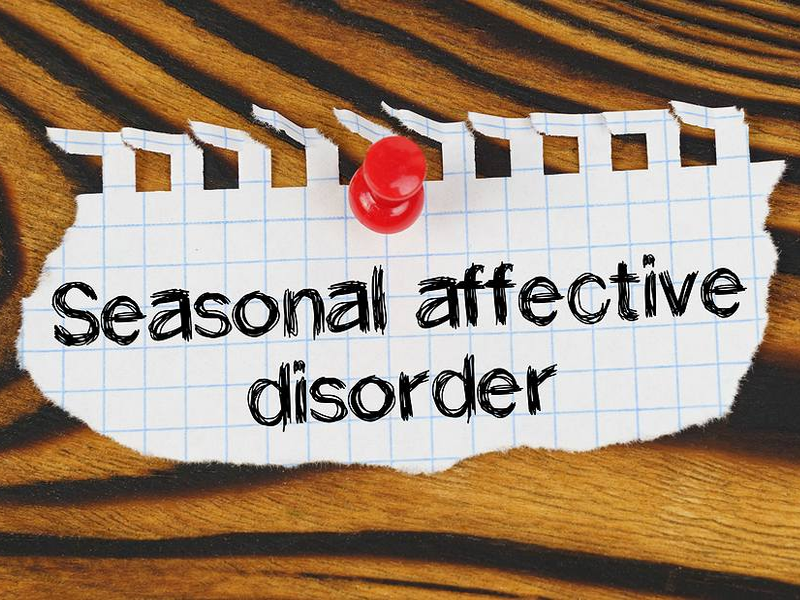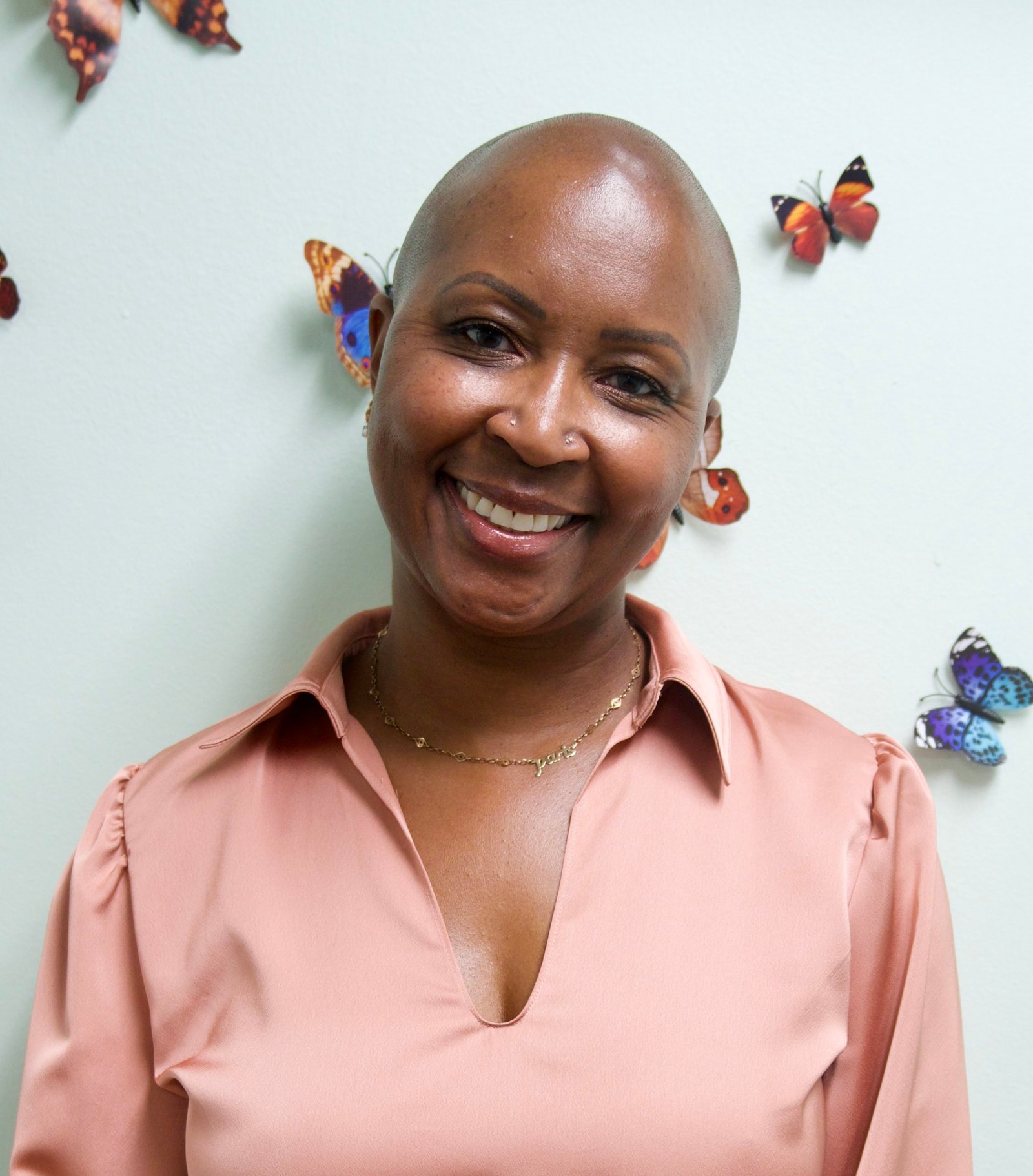Do you find that you experience a shift in mood every fall/winter or summer? Do you experience difficulty concentrating, a lack of energy or motivation, and feelings of depression during these times? Many people suffer from summer or winter depression, which is often called Seasonal Affective Disorder or SAD. People diagnosed with SAD are typically characterized by having normal moods during most of the year and experiencing depression during the winter or summer months. However, I should note that some people with Bipolar Disorder also experience seasonal depression.
Symptoms of SAD are pretty much the same as other types of depression and include decreased energy and motivation levels, feelings of hopelessness, lack of concentration, decreased desire to engage in activity, increases in sleep, increase in appetite causing weight gain, irritability, and social withdrawal.
SAD is related to deficiencies in light and is particularly common in places that have long winters. Studies also indicate SAD may be associated with changes in the circadian rhythms (sleep-wake cycles) related to the change in seasons and the hormone, melatonin.
Traditional treatments for winter SAD include light therapy, cognitive-behavioral therapy, antidepressant medication, and the hormone, melatonin. Light therapy involves having the patient increase exposure to light either in their natural environment or with a prescribed lamp or light box. Cognitive-behavioral therapy is talk therapy treatment, which has been proven successful with most forms of depression. Antidepressants and melatonin can be prescribed by a psychiatrist or healthcare provider and have also shown effectiveness.
If you think you or a loved one may be suffering from SAD, seek a consultation with a mental health provider immediately.
Dr. Gandy-Walker provides cognitive-behavioral therapy and treats all forms of depression.




